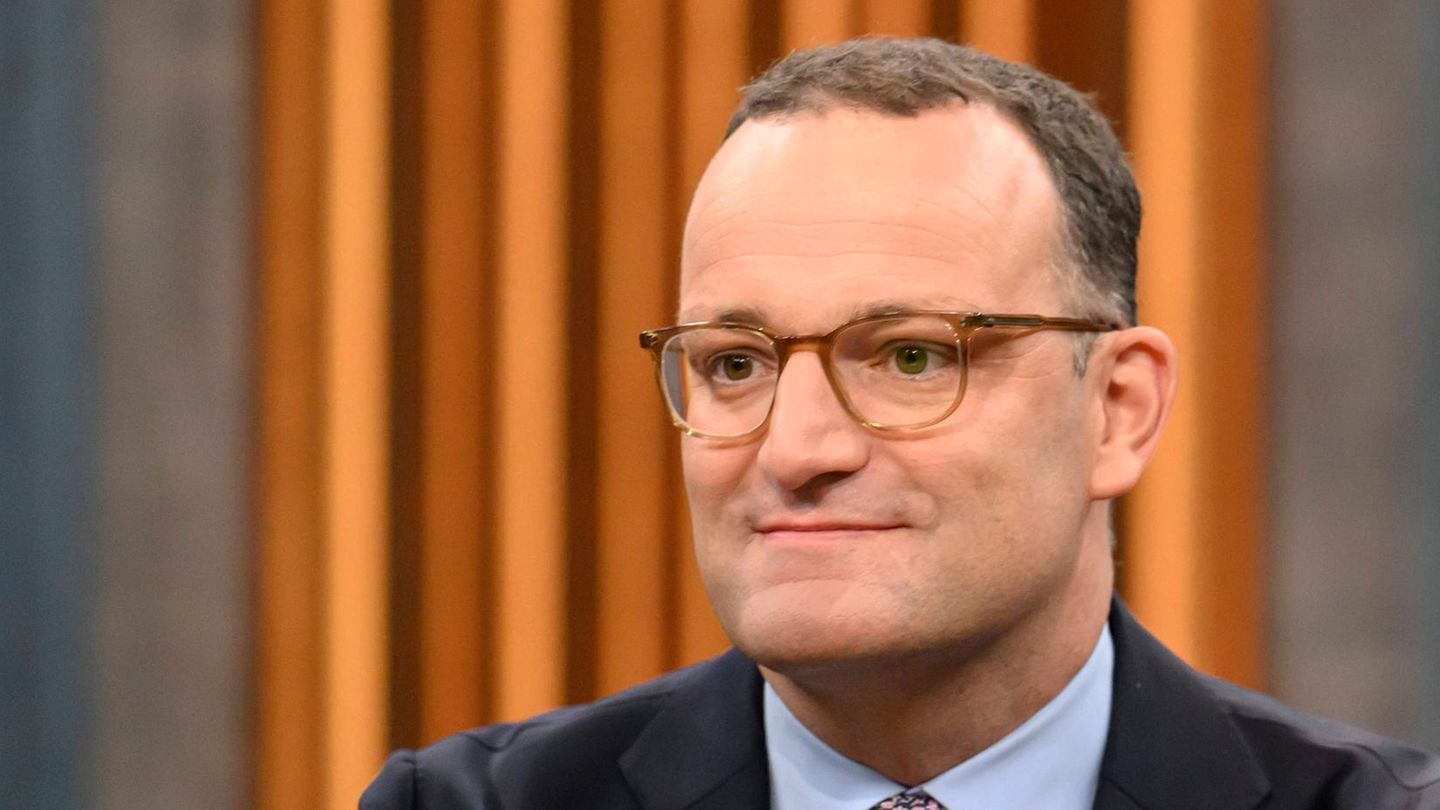As was to be expected after the criticism voiced by the opposition on the final day, approval came only from the coalition. An opposition motion also found a majority, namely that of the SPÖ for the European Convention on Human Rights, which only the FPÖ rejected.
Towards the end of the debate, some changes had been made to the budget. Precautions were taken should the universities incur direct and indirect additional burdens due to persistently high energy prices, which under certain circumstances can no longer be covered by the multi-year performance agreements. Up to 150 million are reserved here.
The overall estimate for 2023 is marked by high inflation and energy prices as a result of the Russian attack on Ukraine. While spending to deal with the Corona crisis is falling, a lot of money is now being spent on cushioning inflation. According to the estimate, the Maastricht deficit will be around 2.9 percent of economic output next year. The debts increase to 367 billion euros, but the share of the gross domestic product falls slightly from 78.3 to 76.7 percent. Interest payments will double from 4.3 to almost nine billion euros in 2023.
At the end of the debate, Finance Minister Magnus Brunner (ÖVP) emphasized the priorities that would be set, for example in terms of security. Once again the abolition of “cold progression” and the valorization of social and family benefits were highlighted.
Your opinion matters:
Sharp criticism of the opposition
Right up to the final chapter on finances, the opposition criticizes the wrong course and also the finance minister personally. SP finance spokesman Jan Krainer accused him of continuing the “system of ÖVP corruption” in his department. NEOS mandatarin Karin Doppelbauer denounced friendliness and a lack of transparency at Cofag. For the FPÖ, Axel Kassegger criticized the lack of transparency in the budget. 20 percent of the budget is a black box.
Even in those chapters in which the budget is increased significantly – for example by 22.3 percent for defense – there was criticism. Because the announced value of one percent of GDP will not be reached, which caused outrage. SPÖ spokesman Robert Laimer said the estimate had been sold as a bombastic flare, but only an Advent candle remained. His liberal colleague Volker Reifenberger emphasized that Defense Minister Klaudia Tanner (ÖVP) had managed to ensure that a fundamentally positive budget development was seen as a defeat through her own fault, and rightly so. NEOS spokesman Douglas Hoyos once again saw one of the coalition’s major announcements go unfulfilled.
The impression of the coalition is different. Tanner said that with the increase, social security would no longer be played off against military security. Equipping the army with modern equipment is not an end in itself, but to protect everyone. On the part of the Greens, mandatary David Stögmüller added that one billion would also be invested in sustainability and energy independence in the army.
The area of environment and transport, in which almost 3.7 billion euros are estimated, also provided an opportunity for an exchange of blows between the coalition and the opposition. The triggers were statements and heckling from the ranks of the FPÖ, which had brought climate activists into the vicinity of terrorism. “It’s one of the shabbiest things that’s ever happened in this house,” said Vice Chancellor Werner Kogler (Greens), who stood in for the head of department, Leonore Gewessler, who was staying at the climate conference in Sharm el-Sheikh.
He also finds it wrong that works of art are being attacked. But one must distinguish between motive and choice of means. In any case, this is not terrorism, because it relies on the most severe violence against people and accepts death and injury. The FPÖ attested to Kogler “cheap right-wing extremist arguments”.
This tweet is disabled
Please activate the category social media in your cookie settings to view this item. My cookie settings
On the first item on the agenda, the coalition factions ÖVP and Greens emphasized the increase in the women’s budget, this time by 32 percent to 24.3 million euros. There is only 0.5 percent more for family and youth. The opposition was dissatisfied. Oversleeping implementation steps for the new parent-child passport have been criticized since the previous year.
On the other hand, the coalition has given the cold shoulder to dozens of SPÖ, FPÖ and NEOS motions tabled over the past three days. Initiatives such as those by the SPÖ to keep the “Wiener Zeitung” or the FPÖ to stop immigration remained without a majority, as did NEOS applications, for example to increase the university budget.
Somewhat surprisingly, a majority found the SPÖ’s application to the government to fully commit to the European Convention on Human Rights, which has constitutional status, and to vehemently advocate the unchanged validity of the same. It was probably also planned to split the coalition, but the People’s Party then agreed, as did the Greens, although their club leader August Wöginger had recently spoken out in favor of revising the convention.
The plenary week will conclude on Friday with another session, in which, among other things, the legal basis for reminder letters for the corona vaccination will be discussed. The financing of the subway expansion in Vienna is also secured.
Source: Nachrichten




